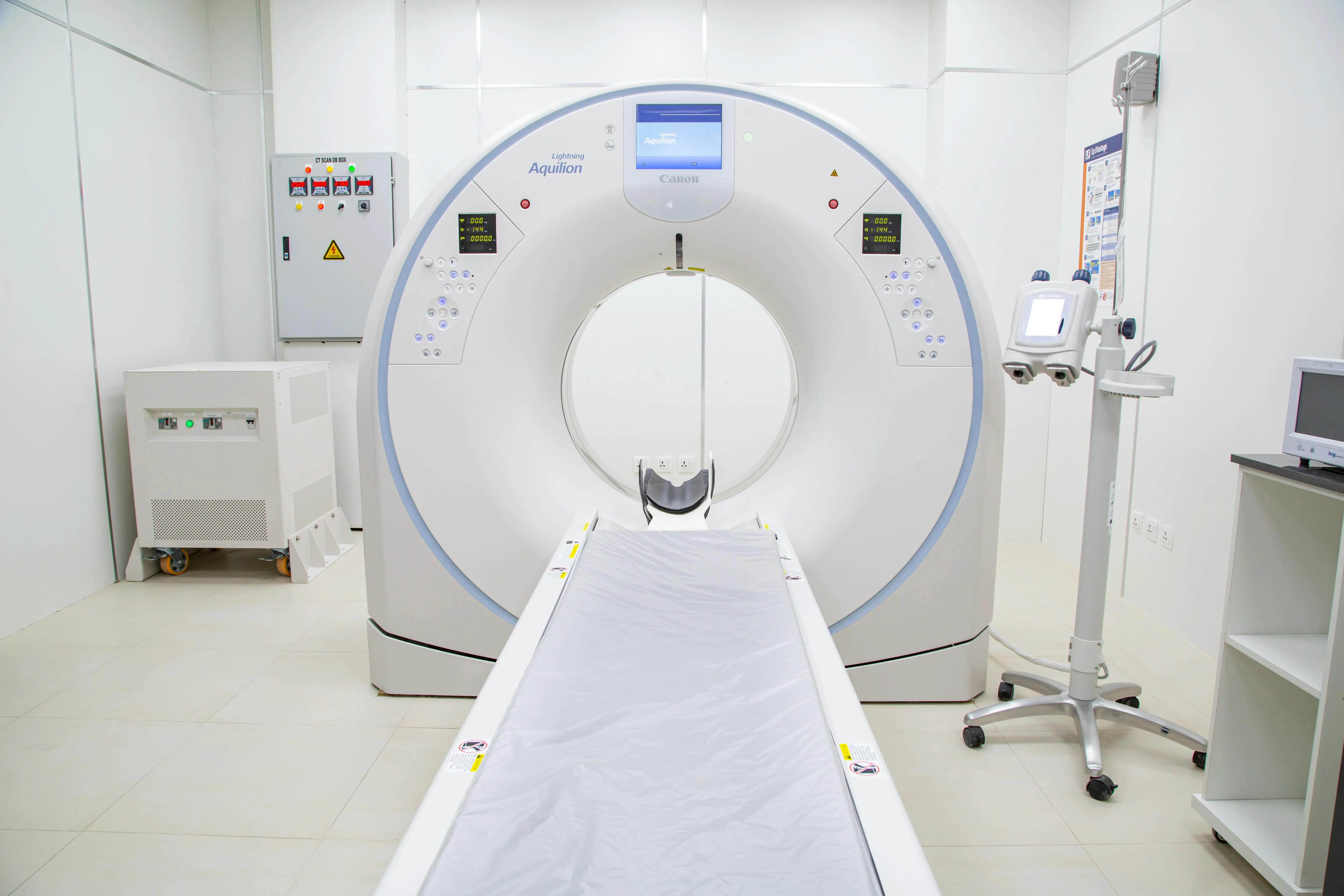how long does an mri take
Exploring the Timelines: How Long Does an MRI Take?
Medical imaging has become an integral part of diagnosing various health conditions, with Magnetic Resonance Imaging (MRI) being a widely used technique. If you're curious about the duration of an MRI, you're not alone. Let's delve into the intricacies of this diagnostic procedure to provide you with a comprehensive understanding.

Understanding MRI Procedures
The Basics
An MRI is a non-invasive imaging technique that uses powerful magnets and radio waves to generate detailed images of the internal structures of the body. It is commonly employed to examine the brain, spine, joints, and soft tissues.
Factors Influencing MRI Duration
Several factors contribute to the overall time an MRI session takes:
1. Type of MRI Scan
Different types of MRI scans exist, each with varying durations. Common scans include brain MRI, spinal MRI, and joint MRI. The complexity and coverage of the scan influence the time required.
2. Body Part Being Examined
The body part under examination plays a crucial role. A targeted scan of a specific area might take less time than a comprehensive full-body scan.
3. Presence of Contrast Agents
In some cases, a contrast agent may be used to enhance visibility in the images. The administration of contrast agents can extend the overall duration of the MRI.
4. Patient's Cooperation
Patient cooperation is vital for a successful MRI. Remaining still during the procedure is essential for obtaining clear images. Patients who struggle to stay still may experience longer scan times.
Average Duration of Common MRI Scans
1. Brain MRI
A routine brain MRI typically lasts between 20 to 40 minutes. This includes the time required for positioning and capturing images.
2. Spinal MRI
Spinal MRI scans vary in duration based on the sections being imaged. On average, a spinal MRI session can take anywhere from 30 to 60 minutes.
3. Joint MRI
When focusing on a specific joint, such as the knee or shoulder, the MRI procedure can last around 30 to 45 minutes.
Efficient MRI Practices
1. Prioritizing Scheduling
Efficient scheduling ensures that MRI machines are utilized optimally. Facilities often schedule different types of scans in a way that maximizes the use of resources.

2. Advanced Imaging Technology
Investing in state-of-the-art MRI machines equipped with advanced imaging technology can significantly reduce scan times while maintaining image quality.
Conclusion
In conclusion, the duration of an MRI is influenced by multiple factors, ranging from the type of scan to the patient's cooperation. Understanding these aspects provides individuals with insights into what to expect during an MRI procedure.